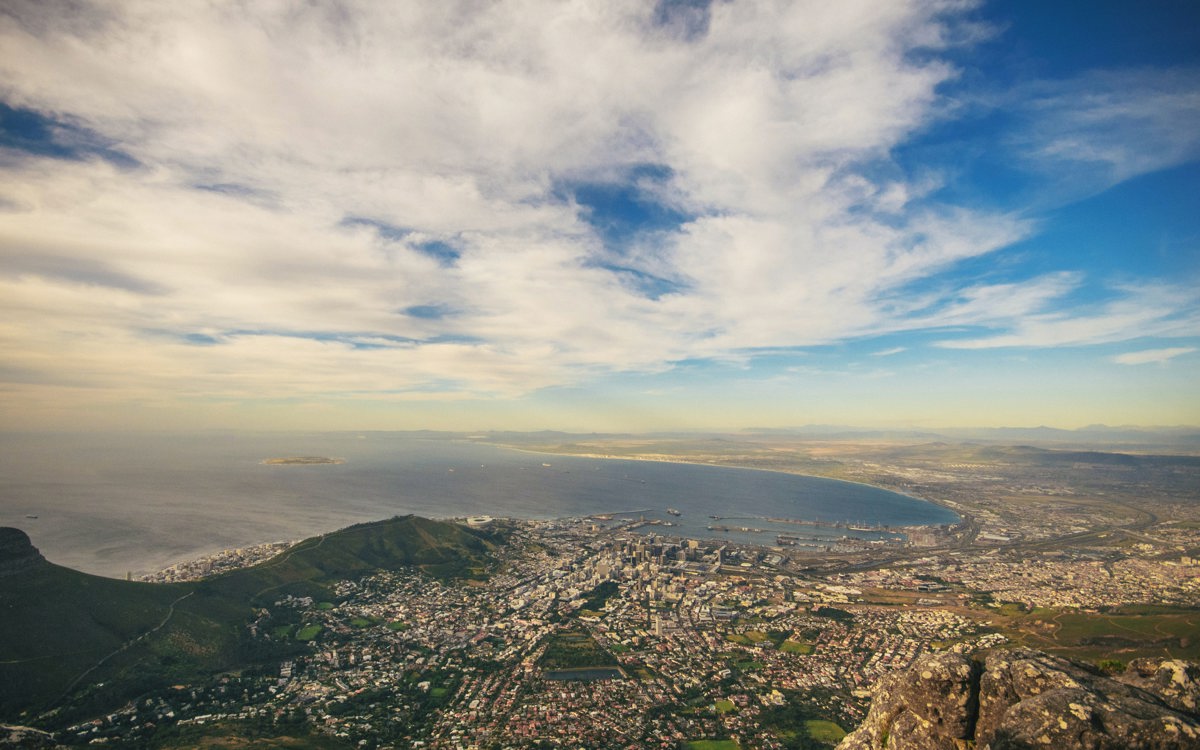By Dr Takunda Chitaka

A plastic bottle tossed into the bin in one country might end up oceans away in an entirely different one. Through the practice of waste exportation, richer nations are sending their waste to poorer ones, feeding a growing plastic crisis that jeopardises the health of millions.
At the University of Western Cape in South Africa, Blue Charter alumna Dr Takunda Chitaka has become a strong advocate for equitable waste management.
‘I realised I had a love for all things sustainability-related and looking at how we can combat the big problems,’ Takunda recalls. ‘My calling in life became waste. I’m looking at all sorts of waste, like e-waste, organic waste, and plastic waste. I just can’t get out of this space.’
An engineer by training, Takunda has always been driven by a strong sense of social responsibility in her work. ‘As engineers, we put products on the market, so we need to take responsibility for the waste generated,’ she explains.
Takunda had already accumulated a great deal of experience in waste quantification research when she was awarded a Blue Charter Fellowship to Massey University to expand her work on plastics pollution. In New Zealand, she worked with two supervisors to implement a multidisciplinary research project investigating marine plastics pollution from engineering, social, and policy angles. She covered distances of up to 6 kilometres per day, collecting samples to quantify how plastic products flow from land into the ocean.


But something about the experience did not feel quite right. Takunda remembers how she was struck by the contrast between the clean beaches of New Zealand and litter-strewn shores she often witnessed in South Africa.
‘I had this moment of panic – where is all the waste?’ Takunda recalls. ‘I wanted to see the big picture, to know what developed countries were doing with their waste. I can’t just see nice clean beaches and not wonder.’
Where does it all end up?
The pressing need to dig behind the surface introduced a new dimension to Takunda’s Blue Charter project.
She began investigating the practice of waste exportation, leading her to unearth some unsettling knowledge. Huge quantities of waste are being exported from developed to developing countries constantly, but Takunda explains that there is an open secret: the actual recyclability of the exported waste is questionable.
‘Technically if you export waste, it’s labelled as recycled. Coming from a technical background, I realised the types of waste exported are not widely recycled plastic,’ she says. ‘You can’t just label something recyclable because the high recycling rate may not be all true.’
Takunda explains that high-value plastics are often added into the exports as ‘sweeteners’ so that importing countries would be more ready to accept low-value non-recyclables.
Why we need to shift the burden
All of this raises big questions about equity and justice. ‘I don’t like the fact that developing countries get blamed for a lot of their waste,’ she adds. ‘If we look at the top contributors of marine pollution, most of them are countries that also import waste. Waste being sent to a country that can’t handle it means the burden should be placed on the exporting country.’
Takunda often thinks about waste-picking communities in South Africa, who are suffering from the fallout of the growing plastic crisis fuelled by poor waste management practices.
‘We like to talk about how recycling creates jobs, but not a lot of people have actually looked at communities doing the recycling and the type of life they lead,’ she explains. ‘People are living in trash, and that’s difficult for me to accept.’
For Takunda, all this must change. She hopes to be an agent of that change by continuing her impactful research and furthering her career in academia, with a view to changing policy and raising the voices of those unable to influence decision-making.

Looking back, Takunda believes that it was her Blue Charter Fellowship that helped her build the confidence and perspective to stand out, speak out, and influence. ‘It’s had an impact on my career. There was a lot of personal growth and that changed my trajectory, how I saw myself, and how people viewed me.’
As for her personal mission, it is all about creating accessible knowledge that has the power to change people’s lives for the better. ‘That’s what keeps me going through this every day,’ she reflects. ‘I’m doing something that I love.’
The ACU Blue Charter Fellowships Programme (2019-20) was funded by Waitrose & Partners.
The programme builds upon the successes of the first cohort of Blue Charter fellows (2018-19) funded by the UK Department for Business, Energy, and Industrial Strategy, and forms part of the Commonwealth Marine Plastics Research & Innovation Framework – a global hub which aims to share scientific and technical expertise in this vital area – in support the aims of the Commonwealth Blue Charter.
